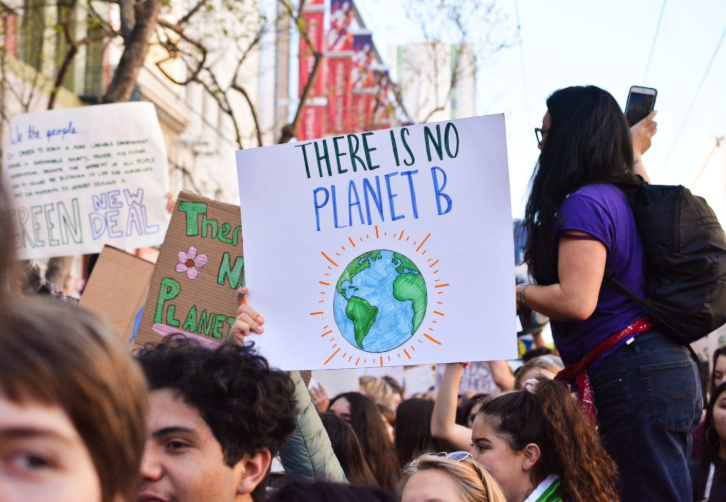As the world’s experts race to find ways to combat climate change, new findings reveal that an experimental process to redirect the sun’s energy could mitigate both climate change and global income inequality.

The study was led by Juan Moreno-Cruz, a professor in the Faculty of Environment at the University of Waterloo. He worked with an international team of transdisciplinary researchers, including Anthony Hardin and Katharine Ricke of UC San Diego’s School of Global Policy and Strategy.
The authors show that solar geoengineering, a process where incoming sunlight is intentionally reflected to cool rising temperatures, could help avoid the worst consequences of global warming and raise GDP in less affluent countries. Solar geoengineering includes tactics such as releasing reflective aerosols into the stratosphere or sending a giant mirror into orbit.
“We find hotter countries respond more to small changes in temperature,” said Moreno-Cruz, who is also Canada Research chair in energy transitions. “Because poorer countries tend to be hotter, there is a disproportional impact of climate on those countries.
“The reduction in temperature created by solar geo-engineering would benefit poorer countries more than richer countries, reducing inequalities. The rich countries still benefit from solar geoengineering as well, so together, the world becomes richer.”
The report is the first to look at the economic impacts of climate projections associated with solar geoengineering. The authors stress that the paper itself does not take a position on whether solar geoengineering should be implemented. Their goal is to improve understanding of the concept as an option so that governments can make an informed decision.